Details
From cells to PCR in less than 15 minutes
DNAreleasy Advance replaces time-consuming and difficult extraction methods. The released DNA can directly be used for a PCR reaction or stored for several month at – 20 °C.
Are you tired of the time-consuming extraction processes and costly spin columns that you’ve been using to prepare samples for DNA amplification? With the DNAreleasy Advance Direct Lysis Kit, we now offer a better solution. The new cell lysing reagent only requires a 15 minutes incubation in a thermal cycler before the DNA is ready-to-use directly for your PCR — without any further sample processing!
Successfully used samples
- Saliva
- Hair roots
- Animal tissue (horse, pig liver, etc.)
- Mouse tails and ears
- Plants (leaf, blossom, pollem): Cabbage, maize, canola, soy, sugar beet, etc.
- Drosophila
- Yeast
- Mollusca
Applications
Genomic DNA from scallops
Genomic DNA scallops was isolated by DNAreleasy Advance and a part of the supernatant was directly added to the PCR reaction. The agarose gel shows the high yield of amplified DNA fragment.
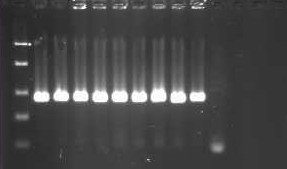
The same amplified DNA was used for subsequent sequencing experiments.
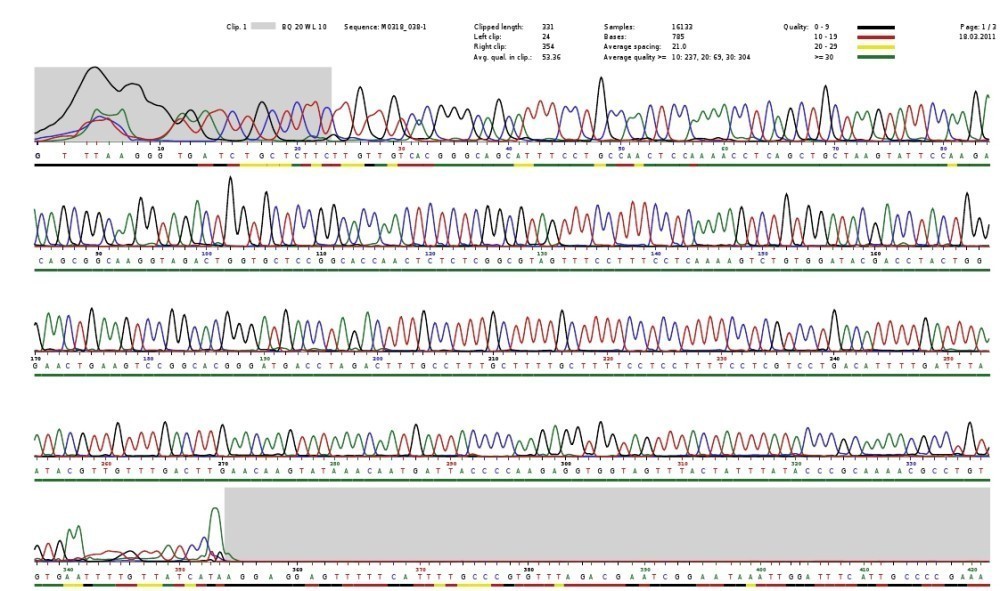
Data kindly provided by Dr. Schubbert, Eurofins Medigenomix GmbH, Ebersberg, Germany
Quantitative PCR of plant tissues
Total DNA was isolated by DNAreleasy Advance from various plant species. Thereafter the melting curve was determined by RT PCR by using a Light Cycler instrument (Roche):
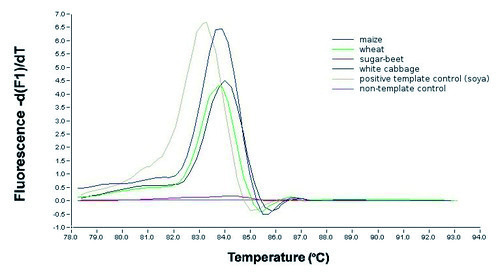
Positive control (PTC), maize meal, wheat flour, sugar beet, white cabbage; negative control (NTC)
Human and animal genomic DNA
Genomic DNA was isolatedby using DNAreleasy Advance from different materials and organism and analyzed by Roche Light Cycler:
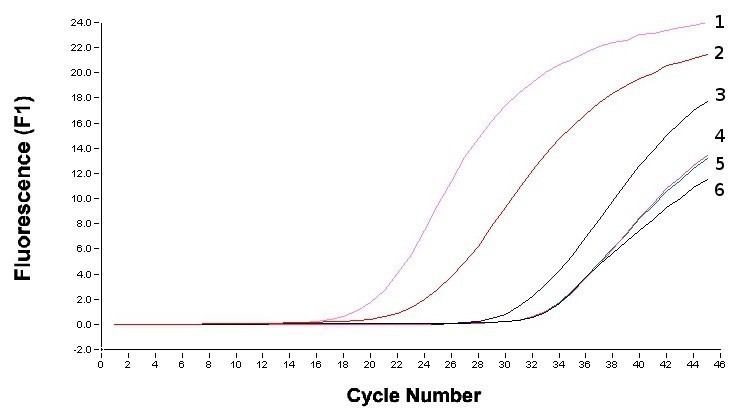
(1) positive control human DNA, (2) saliva, (3) hair root, (4) pig liver, (5) drosophila melangogaster, (6) horse meat
FAQ
Does the lysing solution contain proteinase K?
Yes, it contains proteinase K.
After the lysis and running my PCR, I have seen a huge band of genomic DNA. How I can get rid of it?
The best idea would be to dilute the template up to 1:1000. It it possible that the amount of DNA is to high ,which will lead to a template inhibition.
Only logged in customers may leave a review.


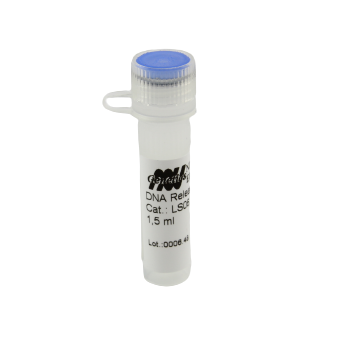




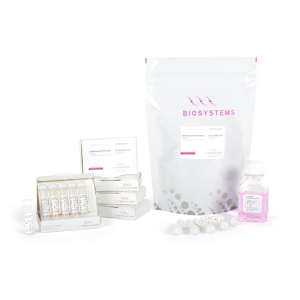
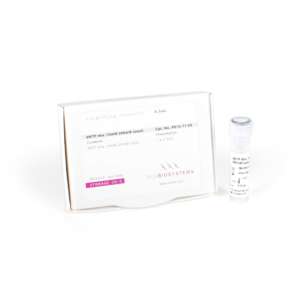
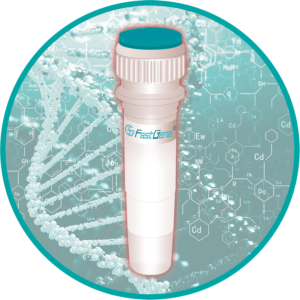
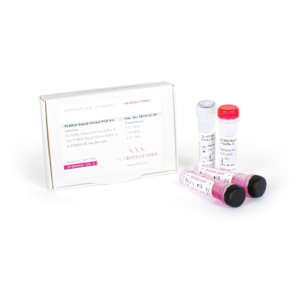
Viral Vector Core Facility, University of Oxford –
We have been using DNA Releasy Advance since August 2023. We use it to recover a suitable DNA sample from purified virus, to use for PCR as part of our QC process. We find it to be a very reliable product which produces consistent results. We value product dependability, and a straightforward ordering and fast despatch process.
Verified User